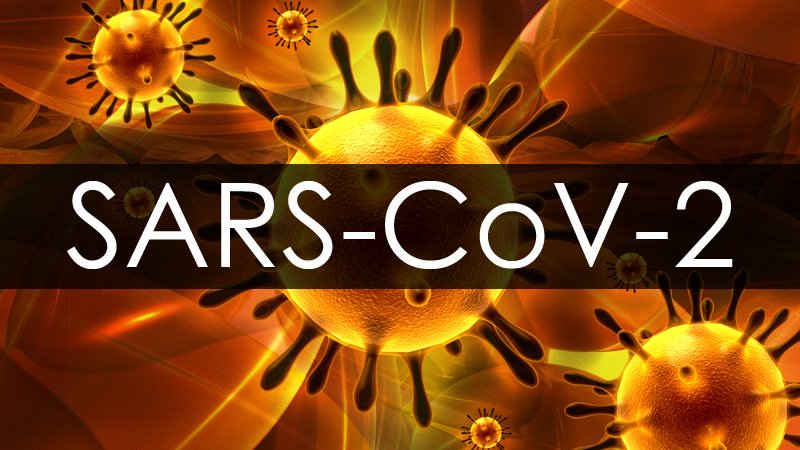Novidades e destaques do Nature Briefing como aperitivo até final de suas férias.
The science events to watch for in 2023
Moon landings, mRNA vaccines and climate finance are among the themes set to shape research next year.
- Following the successful deployment of mRNA vaccines during the COVID-19 pandemic, a host of them are now in development against other diseases, from malaria to tuberculosis, genital herpes and shingles.
- A plethora of missions will arrive at the Moon, including rovers and landers.
- The European Space Agency will launch its mission to Jupiter to study the environment of the giant gas planet and three of its moons.
- Next year might herald the first approval of a CRISPR gene-editing therapy, following promising results from clinical trials that used the CRISPR–Cas9 system to treat the genetic blood disorders ϐ-thalassaemia and sickle-cell disease.
LIVROS
Unmissable science books of the year
Start the new year off right by ensuring that the next book you read is an absolute cracker. These are our picks of the must-read science books of 2022:
- “Japan is ageing so rapidly that if current trends continue, the nation could eventually disappear altogether”, writes Jennifer Sciubba in her data-packed book 8 Billion and Counting. The twenty-first century “is less a story about exponential population growth than it is a story about differential growth — marked by a stark divide between the world’s richest and poorest countries”, she writes. (Nature | 6 min read)
- Microbiologist Salvador Luria escaped fascism in Europe for the United States, where his socialism, support for desegregation and workers’ rights, and opposition to biological and nuclear weapons caught the attention of the FBI. The agency monitored his every move, even after he won the Nobel prize for his work on bacteriophages — viruses that invade and often kill bacteria. Science historian Rena Selya’s well-researched book distils the phage pioneer’s turbulent life in Salvador Luria: An Immigrant Biologist in Cold War America. (Nature | 6 min read)
- Theoretical physicist Peter Higgs — who shared the physics Nobel prize in 2013 for predicting the existence of the particle that bears his name — is notoriously shy, inaccessible by e-mail and mobile phone, self-deprecating and averse to the spotlight. So it’s no wonder that it has taken a close friend — physicist Frank Close — to share Higgs’s story in Elusive — a title that alludes to both the man and the subatomic particle that he helped to predict. (Nature | 5 min read)
- Historian Jim Downs’s book, Maladies of Empire, puts nineteenth-century advances in epidemiology and public health in a global context. Instead of rehashing the iconic tale of British doctor John Snow tackling a cholera outbreak by removing the handle from a London water pump, Downs centres on the people who endured slave ships, colonialism, prison and wars — and provided much of the data that informed medical advances. (Nature | 5 min read)
- Soil creates life from death, transforming decaying organic matter into a precious resource that underlies the production of more than 95% of the food we eat. To ensure food security, the world must stop letting fertile soil wash and blow away, argue microbiologist Jo Handelsman and environmental researcher Kayla Cohen in their book, A World Without Soil. (Nature | 5 min read)
COVID-19
COVID lessons from Japan
The number of COVID-19 cases and deaths per capita in Japan has been significantly lower than in peer countries. Japan has several distinctive characteristics: it has the world’s oldest population, its land is densely populated and its constitution prohibits strict lockdowns. While other countries focused on disinfection, Japan emphasized avoiding sanmitsu, the ‘3Cs’: closed environments, crowded conditions and close-contact settings. In May, virologist Hitoshi Oshitani, who advises the Japanese government on its pandemic response, looked back on what worked and considered what the future might hold.
COVID: ‘endemic’ doesn’t mean harmless
Misuse of the word ‘endemic’ in relation to COVID-19 is encouraging a misplaced complacency, argued evolutionary virologist Aris Katzourakis in January. A disease can be endemic as well as both widespread and deadly, he wrote. Malaria, for example, is an endemic disease that killed more than 600,000 people in 2020.
- Efetue login ou registre-se para postar comentários






